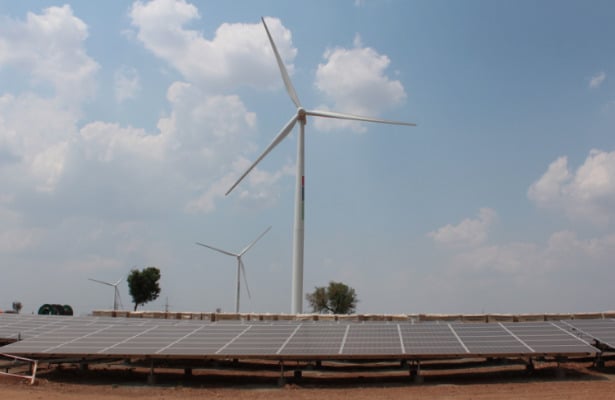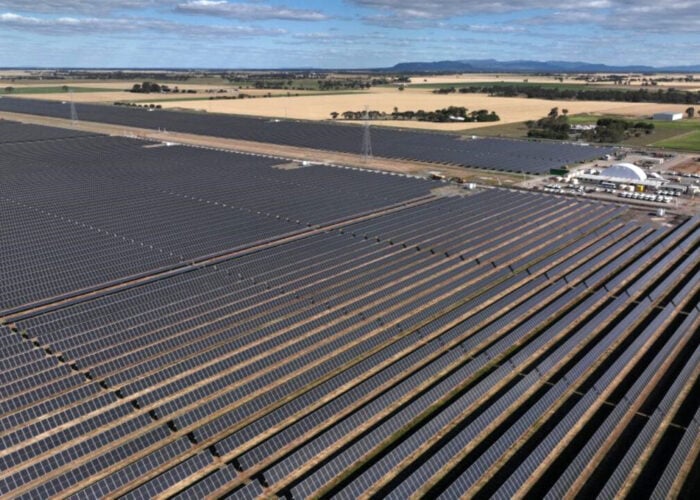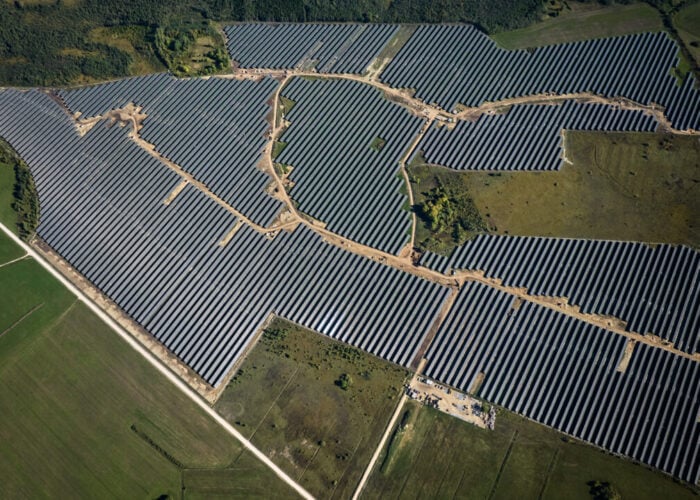
India’s Ministry of New and Renewable Energy (MNRE) has issued an amendment to its National Wind-Solar Hybrid Policy, clarifying that any form of energy storage – not just batteries – can be used in hybrid projects.
Parts of the original policy had specified ‘battery storage’ thereby restricting other forms of storage such as pumped hydro, compressed air, and flywheels, among others. The word ‘battery’ has now been removed from the relevant clauses of the policy.
Try Premium for just $1
- Full premium access for the first month at only $1
- Converts to an annual rate after 30 days unless cancelled
- Cancel anytime during the trial period
Premium Benefits
- Expert industry analysis and interviews
- Digital access to PV Tech Power journal
- Exclusive event discounts
Or get the full Premium subscription right away
Or continue reading this article for free
Clause 5.4 now reads: “Storage may be added to the hybrid project (i) to reduce the variability of output power from wind solar hybrid plant; (ii) providing higher energy output for a given capacity (bid/ sanctioned capacity) at delivery point, by installing additional capacity of wind and solar power in a wind solar hybrid plant; and (iii) ensuring availability of firm power for a particular period.
“Bidding factors for wind solar hybrid plants with storage may include minimum firm power output throughout the day or for defined hours during the day, extent of variability allowed in output power, unit price of electricity, etc.”
The hybrid policy was finalised in May this year. In Late June, Solar Energy Corporation of India (SECI) then issued a Request for Selection (RfS) document for 2.5GW of hybrid wind and solar projects to be connected to the Interstate Transmission System (ISTS).
Draft National Energy Storage Mission
India has also released Draft National Energy Storage Mission (NESM) document, which claims that battery manufacturing represents a “huge economic opportunity for India”.
The joint report, which focuses on the potential for scaling up domestic manufacturing of batteries for EVs, was written by NITI Aayog (the National Institution for Transforming India) and US think-tank Rocky Mountain Institute (RMI).
The full story on the Draft can be found on PV Tech sister site Energy.Storage.News.






